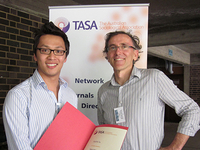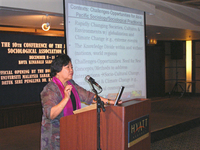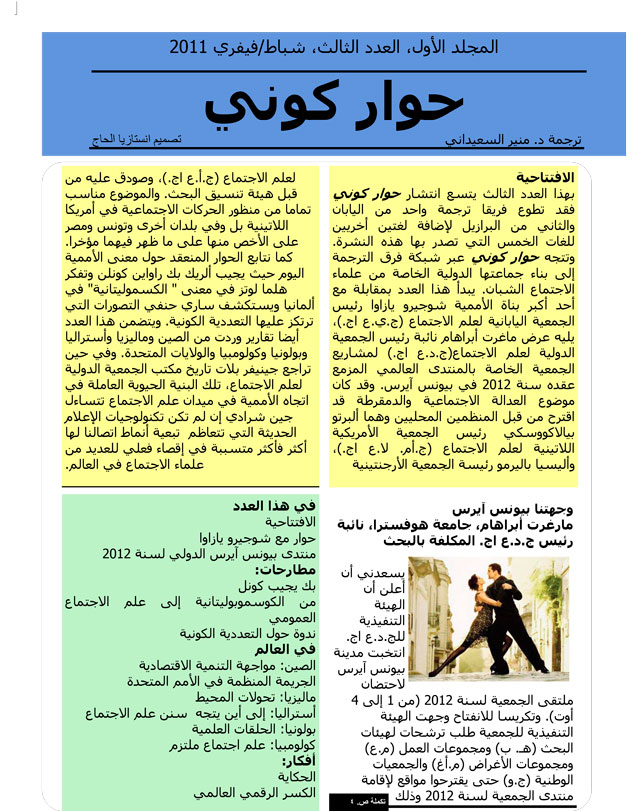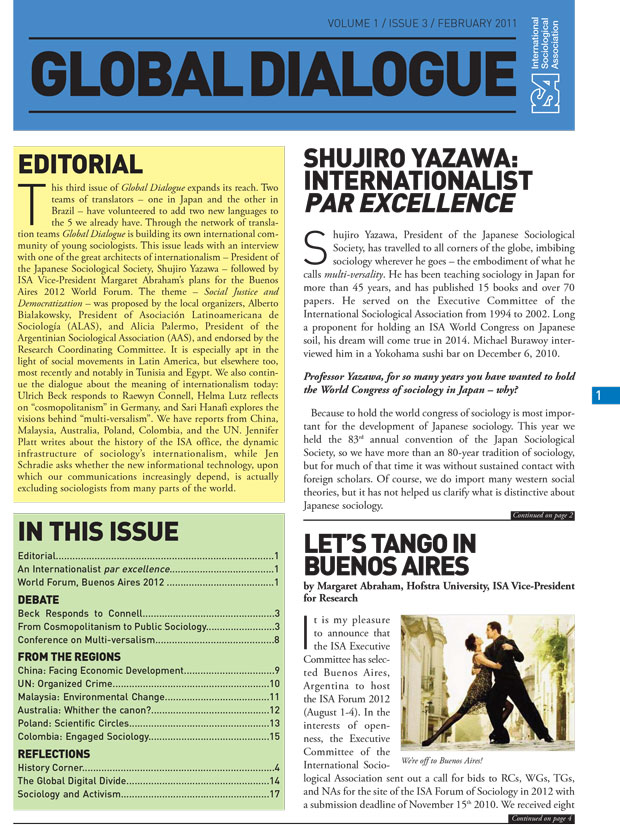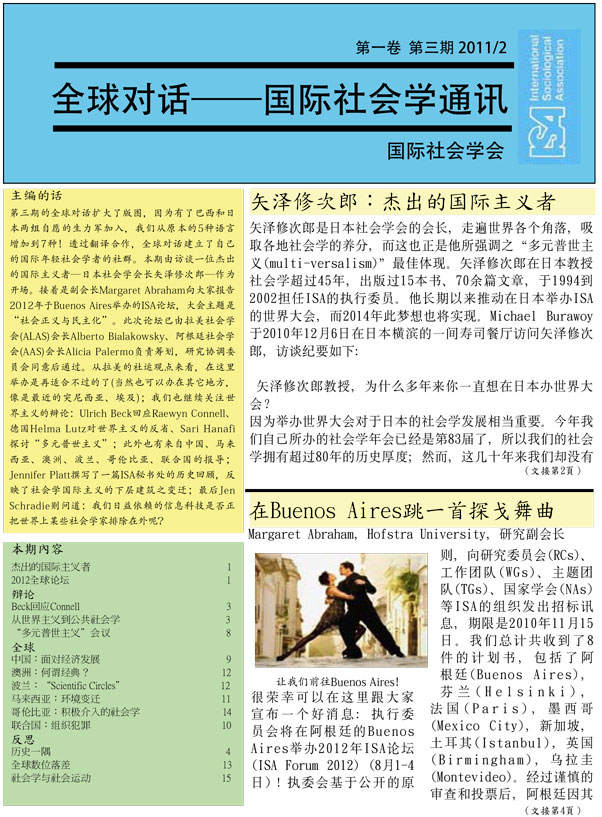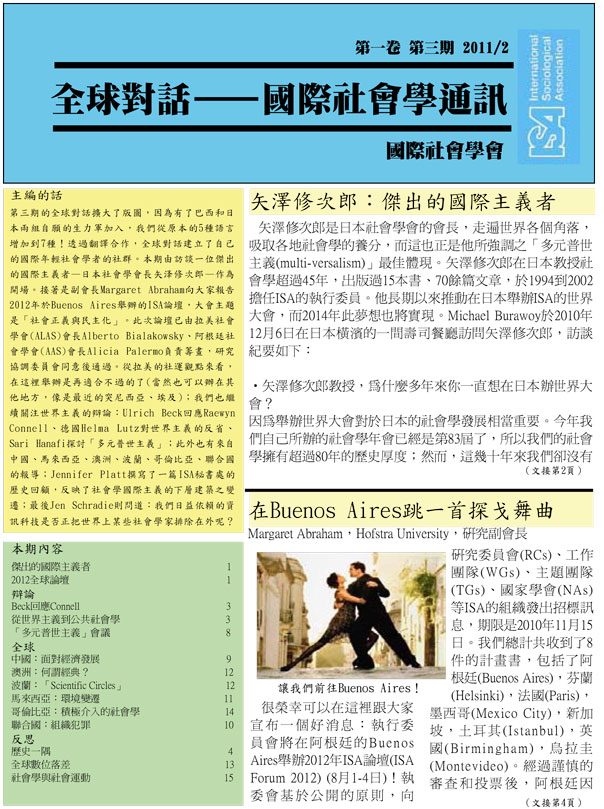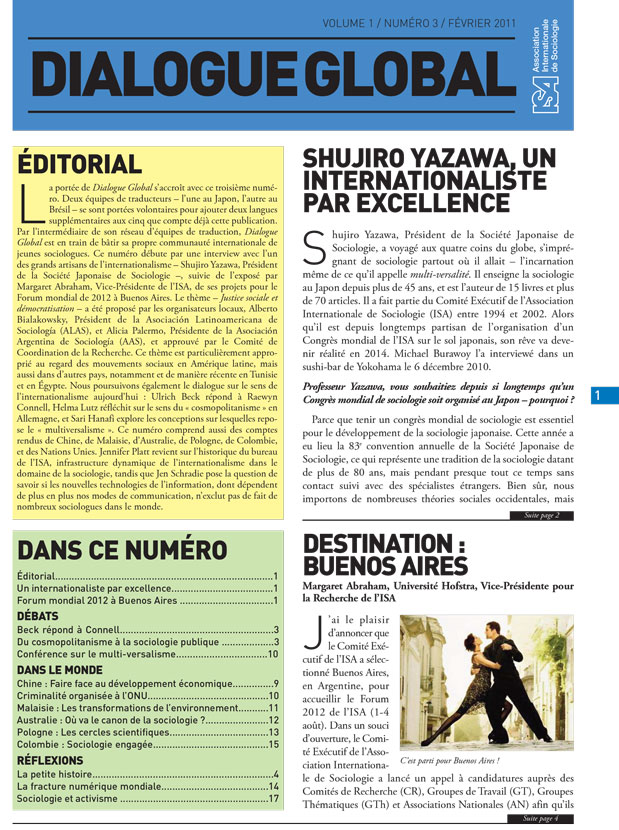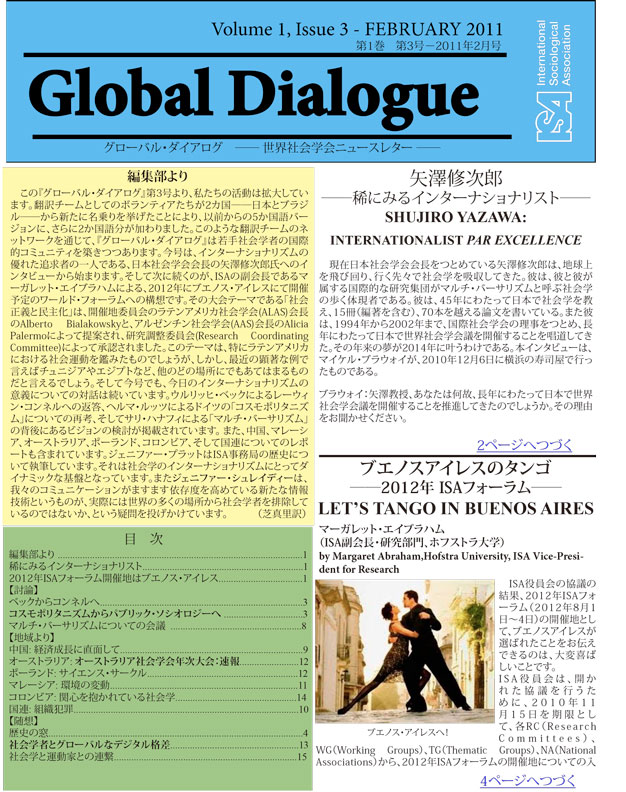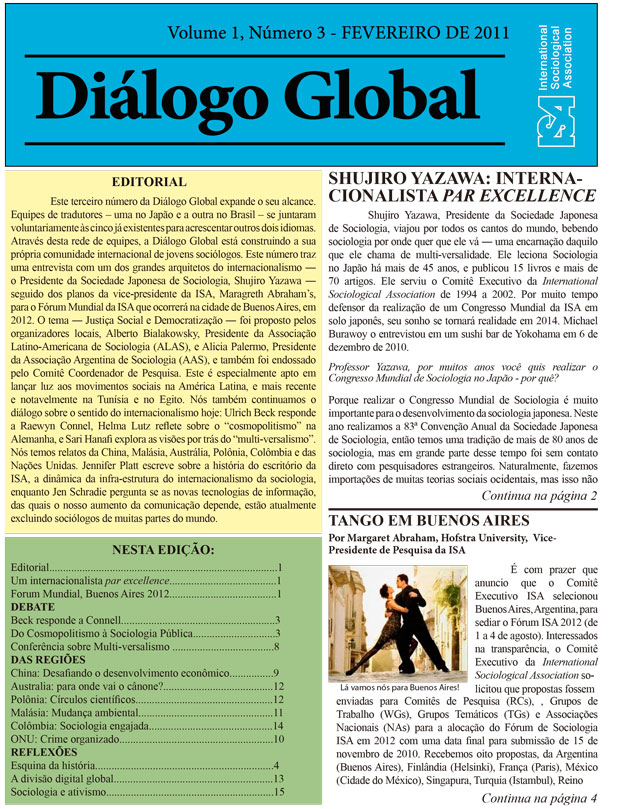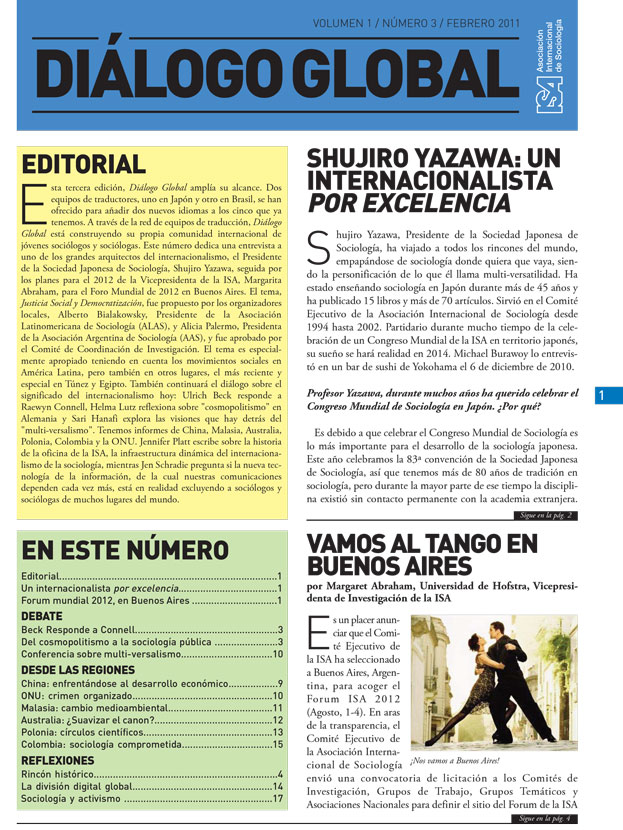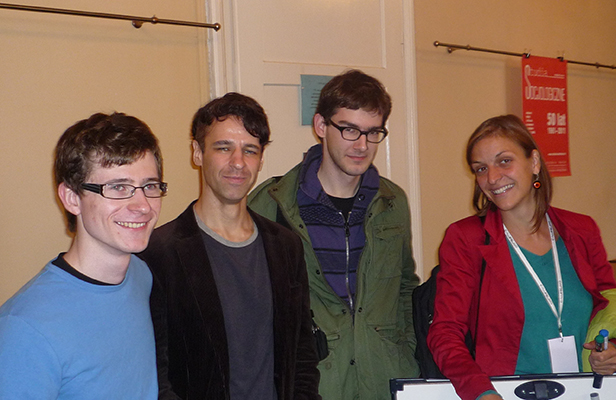The section of ‘Scientific Circles’ is a part of the Polish Sociological Association (PSA). Around 100 students from 15 universities belong to the Section. The name of the Section comes from a popular form of student self-organization in Poland – scientific circles. These are groups of students who come together motivated to go beyond their obligatory university studies. Typical activities of student scientific circles and our Section of the PSA are: organizing student scientific conferences, discussions, meetings with ‘interesting’ people, carrying out small research projects, sometimes publishing magazines or books. Most projects are realized with a small, or even without, financial support.
The section of ‘Scientific Circles’ of the PSA was founded in 2004 by a group of MA and PhD students. The idea behind the Section was to create a country-wide forum that would enhance networking and cooperation among junior sociologists from different cities. PSA, especially the former president Professor Wlodzimierz Wesolowski, welcomed the student activity and helped with the organizational and formal issues. Soon the Section started playing an ever-increasing role in the young sociological landscape, as new members joined and as new projects emerged.
The biggest project led by the Section during the last three years involved ‘Moving Workshops’. To date we have had 6 meetings with around 125 students and 25 senior scientists participating. At the basis of the project was an observation that sociology, as a scientific discipline, differs at each university. Moving Workshops last two days: 15 to 30 students from various universities come to one institute of sociology to learn from the academic staff there. The meeting is organized by students from a scientific circle, who invite their professors. All activities are concentrated around one leading theme and the program of each meeting must include a theoretical introduction as well as practical exercises. Usually, some very short research is carried out – some empirical data are collected outside the university by students who then analyze them together with professors.
In our opinion the most interesting ‘Moving Workshops’ were organized in Poznan, in March 2009. They were devoted to the study of everyday life sociology and material culture. A brief history of sociology in Poznan was presented in the opening lecture. We learned about the first professor of sociology at Poznan University, Florian Znaniecki, and the postwar history of the Institute. The theoretical part of the meeting consisted of two lectures. Professor Rafal Drozdowski presented nine reasons why everyday life sociology had recently become fashionable. In the second lecture Professor Marek Krajewski introduced us to the study of material objects. He argued that the relations between people and artifacts are symmetrical. It is worth mentioning that both lecturers are the leading researchers of their topics in Poland. During the practical exercises students broke up into groups of four and searched for common and uncommon things. During this field study, observations were noted or recorded using compact cameras and digital sound recorders in different districts of Poznan. After coming back to the University students presented the results of their work. The discussion showed that belonging to the category of uncommon things is strongly related to the social definition of the situation.
The creation of the ‘Scientific Circles’ of the PSA led to a spin-off project called the School of Young Sociology Leaders, designed to train leaders of our circles in group management, communication and negotiation. Every year the training lasted 4-5 weekends and took place in a different city. In this way junior sociologists could meet one another and, at the same time, different scientific circles could exhibit their activities. Even though the Leadership Training School was never formally attached to the PSA Section, most of its almost 100 graduates became members of the Section and, with great enthusiasm, contributed to its projects.
Tomasz Kukolowicz and Lukasz Srokowski, University of Wroclaw, Poland
